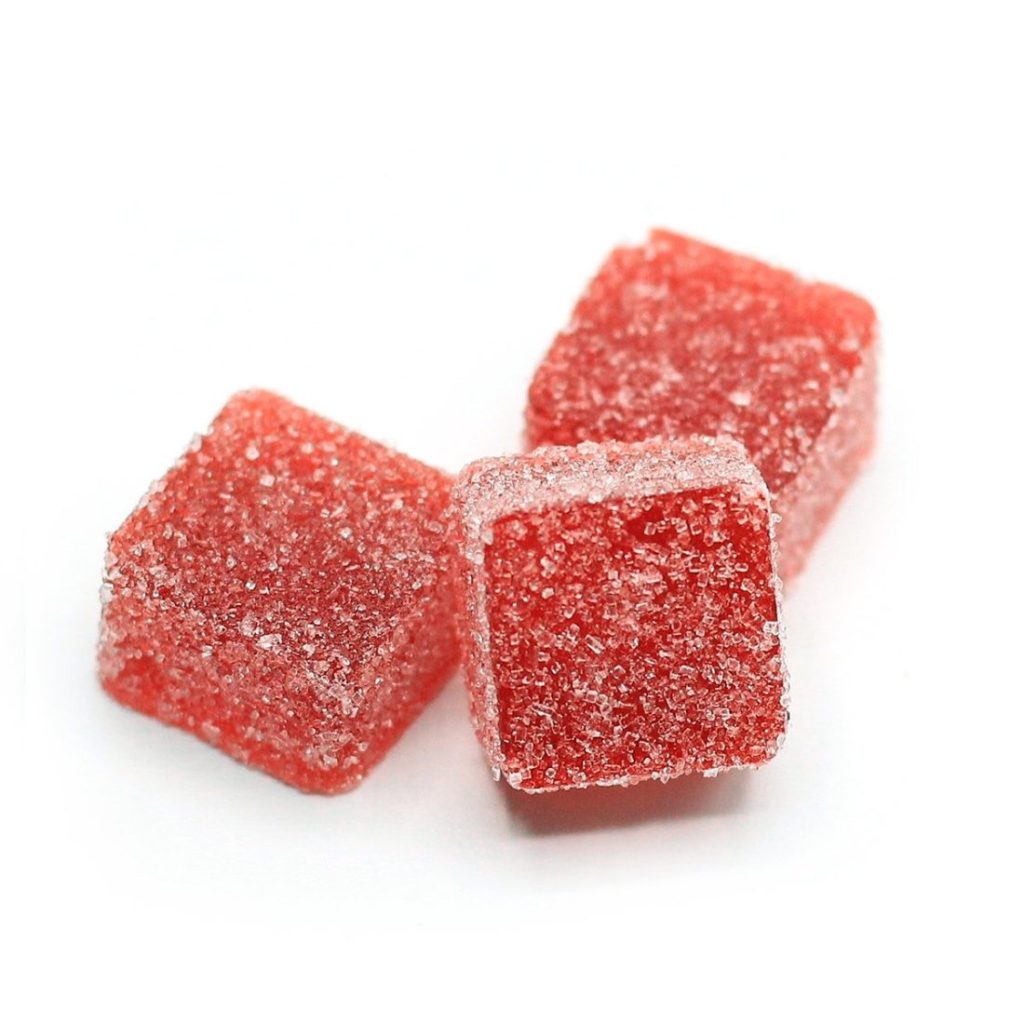Delta 8 THC capsules have emerged as a popular choice for those seeking an alternative to traditional THC products like Delta 9 THC. Known for its milder psychoactive effects compared to Delta 9 THC, Delta 8 THC offers a gentler experience while still providing therapeutic benefits. These capsules are typically consumed orally, offering a convenient and discreet method of ingestion. One of the primary benefits of Delta 8 THC capsules is their potential for alleviating symptoms such as anxiety and pain. Users often report feeling relaxed and calm without the intensity or paranoia sometimes associated with Delta 9 THC. This makes Delta 8 THC capsules suitable for individuals who may be sensitive to stronger cannabis products or who prefer a more controlled experience. Another advantage is the legal status of Delta 8 THC in many places where Delta 9 THC remains restricted or prohibited. This legal distinction allows consumers to access Delta 8 THC products more easily in regions where cannabis laws are stringent. However, it is crucial for consumers to verify the legality in their specific area, as laws can vary widely. In terms of considerations, dosage control is essential when using Delta 8 THC capsules.

While they offer a predictable way to administer THC, the potency and effects can vary depending on the individual’s tolerance and metabolism. Beginners should start with a low dose and gradually increase as needed to avoid overwhelming effects. Additionally, like any cannabis product, delta 8 capsules may have side effects such as dry mouth, red eyes, increased heart rate, or temporary cognitive impairment. These effects are typically mild and temporary but should be taken into account, especially when planning activities that require full cognitive function. Quality and sourcing are critical factors when purchasing Delta 8 THC capsules. Ensuring that products come from reputable manufacturers who adhere to strict quality standards can help mitigate risks associated with impurities or inaccurate labeling. Certifications such as third-party lab testing for potency and purity can provide assurance of product safety and consistency.
For medical users, consulting with a healthcare provider is advisable before incorporating Delta 8 THC capsules into a treatment regimen. Healthcare professionals can offer personalized guidance based on individual health conditions, medications, and potential interactions. Lastly, understanding the effects of Delta 8 THC on personal well-being and daily routines is essential. While some users find it enhances relaxation and mood, others may experience different effects based on their physiology and mindset. Keeping track of personal experiences and adjusting usage accordingly can help optimize the benefits of Delta 8 THC capsules. In conclusion, Delta 8 THC capsules offer a promising option for individuals interested in exploring the therapeutic benefits of cannabinoids with potentially fewer intense psychoactive effects than Delta 9 THC. With proper understanding, dosage management, and consideration of individual health needs, Delta 8 THC capsules can be a valuable addition to wellness routines. As with any supplement or medication, informed decision-making and responsible use are key to maximizing benefits while minimizing risks.